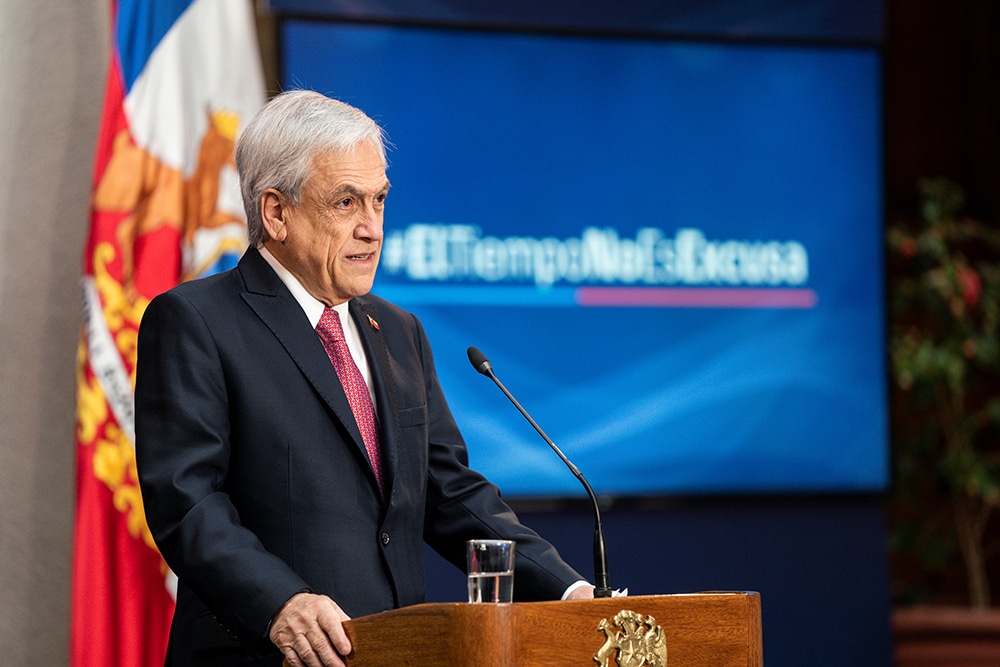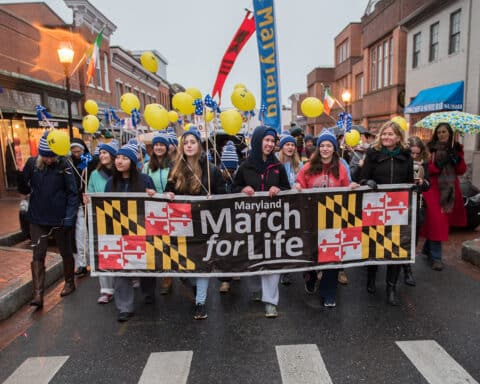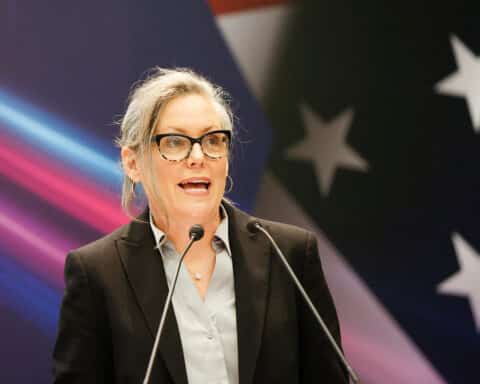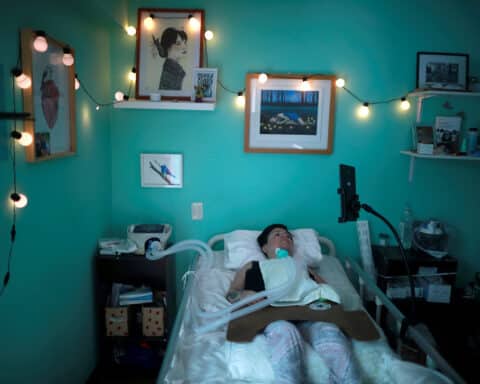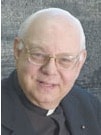
Everybody knows that the Catholic Church has always believed that marriage involves one man and one woman.
No report indicated how many Catholics in the Chilean congress supported the measure, but, realizing the context, many votes for the proposed law came from persons born and bred, and practicing, as Catholics.
President Sebastián Piñera, who very much identifies himself as a Catholic, encouraged adoption of the law.
This development in Chile reveals a situation that is in fact a worldwide scandal — namely, that Catholic political leaders, who publicly associate themselves with the Church, are at odds politically with Catholic teachings on abortion, for example, or about same-gender marriage, or euthanasia.
American Catholics know the situation in our own country. It is heartbreaking. Even worse, it is all over the world. From the Philippines to Canada to Argentina to Austria, leaders at the highest and most visible positions of authority have scandalized entire populations by their active and at times outspoken advocacy of public policies and laws that are clearly at odds with Church teaching, all the while presenting themselves publicly as practicing Catholics.
In the last half-century, since abortion became legal in one country after another, no pope — St. Paul VI, Pope John Paul I, St. John Paul II, Benedict XVI and now Pope Francis — has chosen to interpret the Universal Law of the Church in a way that would penalize these politicians, from the president of Chile to the president of the United States, along with thousands upon thousands of other political leaders.
Church teaching is clear, however, so these political leaders knowingly act on their own and would likely act on their own even if penalized by Church authority. They deserve the rebuke of Catholics.
Happily, exceptions have appeared. A few months ago, Portugal’s parliament, speaking of legislative bodies composed of heavily Catholic majorities, voted to legalize euthanasia. (Euthanasia, considered an intrinsic evil by Church teaching, is becoming more and more acceptable in many historically Catholic countries. Be prepared. It will come to this country.)
Portuguese President Marcelo Rebelo de Sousa, a practicing Catholic, citing the proposed legislation’s break with Portuguese tradition regarding regard for life, vetoed the parliamentary action, but he infuriated many politicians.
Thanks be to God, he is not the only head of state to stand for his personal Catholic faith when immoral practices are discussed, but leaders such as he, tragically, are much more often the exception than the rule.
Political pressures occur everywhere. Men and women in political offices know that they must cater to voters, and the history of democracies is heavy with instances of persons in politics who take positions, or change positions, to flatter voters.
Another factor may be at play, more fundamental, with many implications, everywhere on earth.
Churches, or institutional religion, are losing ground. People are paying less attention to specific denominations. First, they claim to be “spiritual” but no longer connect with any church. This is occurring in Chile. In living memory, 9 of 10 Chileans presented himself or herself as a Roman Catholic. Today, about 65% of the population in the country still calls itself Catholic. The same trend is happening in this country.
A new day seems to be dawning for religion. People must ask themselves why they need religion. Believers must take a stand, even when hot winds fly in their faces.
Msgr. Owen F. Campion is OSV’s chaplain.

